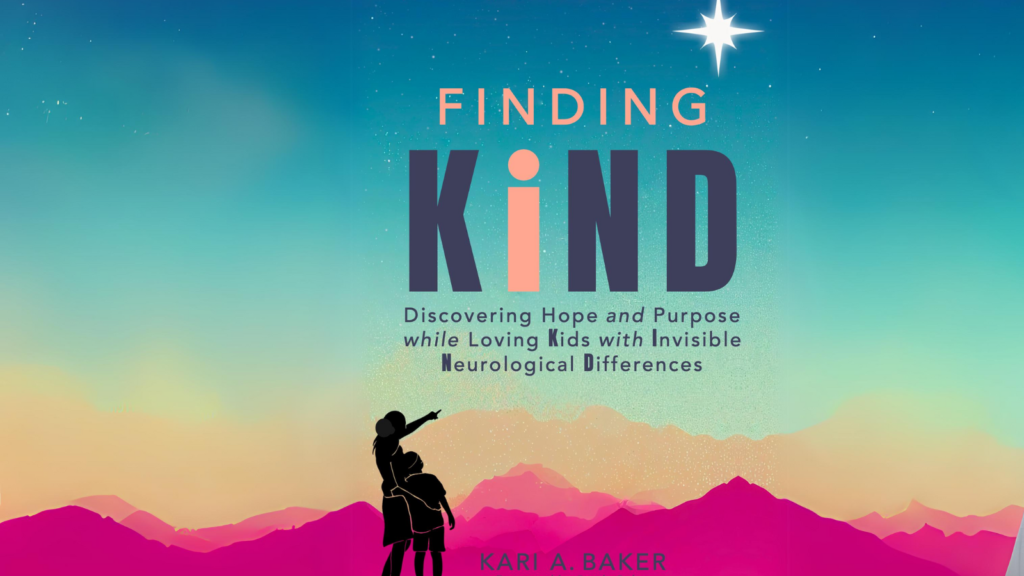Recently, I had to dismantle the metal, which he posted my husband and sold to a consignment store. The frame kept several dozen forceful screws together, which had to be removed with the Allen key. Budynails screws slipped out of a few bends with minimal effort, but one at the foot of the bed turned out to be much more arduous.
The base was only inch from the floor, so I had to remove the key every quarter many times and change its position to the next turn. I worked and worked, but the screw did not leave. I felt that I served a bit in the tool, so I assumed that I was making progress and sticking to it, using more and more strength every time. After about ten minutes I sat down and irritated. Why didn’t it work out? My husband looked at my shoulder and said: “You turn in the wrong way. You tighten him.”
I was outraged. I knew the principle: right, forthright, Leftty-Loosey and I was sure I was turning left. However, what I did not take into account is my orientation to the screw. With each accent I stuck the screw deeper and deeper into its hole, destroying the grooves with each turn. Before I corrected my mistake, the Allen key was useless. I had to operate a pair of szelpc to pull the grabbed screw out of its hole. Damage was caused.
Before the diagnosis of my son Brady’s autism at the age of three, my parental methods resembled my unsuccessful fight with the bed. I have tried to operate the same parental techniques many times as my friends or imitate upbringing and discipline that I experienced as a child, but instead of compliance I met resistance.
Even the so -called expert advice fell flat. Parental guru regularly promoted simple “three gradual plans” to raise a polite, well -raised, acceptable child. If I follow their programs, I should be in a state of “ABC” or “1-2-3” to get out of any behavioral challenge with my son. Instead, I got to “XY-Z” and wondered what I did wrong. Brady would not answer, and in some cases the conflict would escalate.
Interestingly, the problem with my parenting was the same as my key skills – I was not properly oriented. I talked Brady, as if his brain was connected like other usually developing children. I had to reverse my perspective. I had to learn up-to-date parenting strategies of a child who is neurodiverse, otherwise I would risk irreversible damage to my son and our relationship, just like my fruitless efforts to relax this screw.
Through the books, films and training of parents, I finally started working with my son instead of fighting him. Here are some of the most vital events of what I have learned:
Do not compare your child’s development stones with other children. A parent, your child based on his scene, not his age.
- Emphasize the positive strengthening of proper behavior. The real excitement of his smallest victories will make him elated to repeat them.
- Keep serene when corrections are needed. Loss of temperament only drives the child’s great emotions.
- Specify something (snack, money, toy, etc.), which motivates your child and provide him with regular, repeated possibilities to get him.
- Therapies are vital, but do not forget to celebrate and nurture your child’s gifts, talents and passion.
These skills do not promise you completely polished parental experience. Sometimes you will still have to put some muscles into this key, but as long as you approach your child with the right perspective, you should be able to stay in groove.

Kari Baker always loved a good plan. But when her only son, Brady, was diagnosed with autism (at the age of 3) and ADHD, her plans for typical parental experience were shocked by the core.
Finding a nice It is a description of the initial awakening of Brady’s neurological differences, early years adapting to life as the mother of autism, and later accepting and appreciating Brady for who God was.
Ultimately, Kari’s experience as a nice mother offer practical suggestions for flowering when the best arranged plans become unsuccessful. Everyone who knows and loves a child with unseen neurological differences or examines faith in the middle of the challenges of life, will find hope and encouragement in the history of Kari.
“As a development pediatrician, I often wonder how parents of children with autism and other disabilities are doing. Would I ever be able to get up to this challenge? Cari Baker shares some life secrets in this jewel of the book. This is ODA on the impact of positive and persistent parenting of exceptional units. There is certainly no children with authorization, but in fact for us.
-Raun Melmed, MD, co -founder and medical director of Southwest Autism Research and Resource Center and director of Cortica Scottsdale and the author of “Autism and the Extended Family: a guide for those who know and love someone with autism” and “Autism Parent Handbook: Having started with the purpose”
To learn more, visit https://www.Bookpubliczervoys.com/blog/finding-kind-kari-baker


